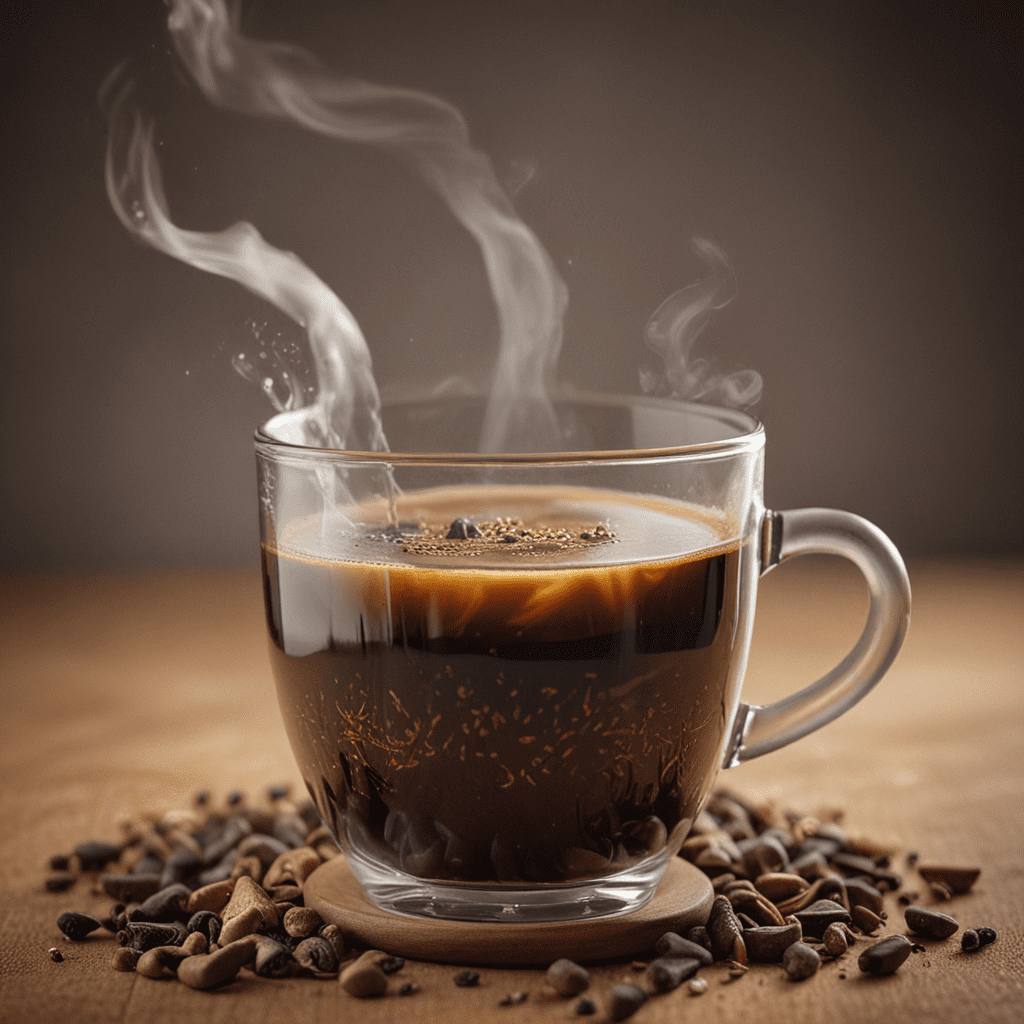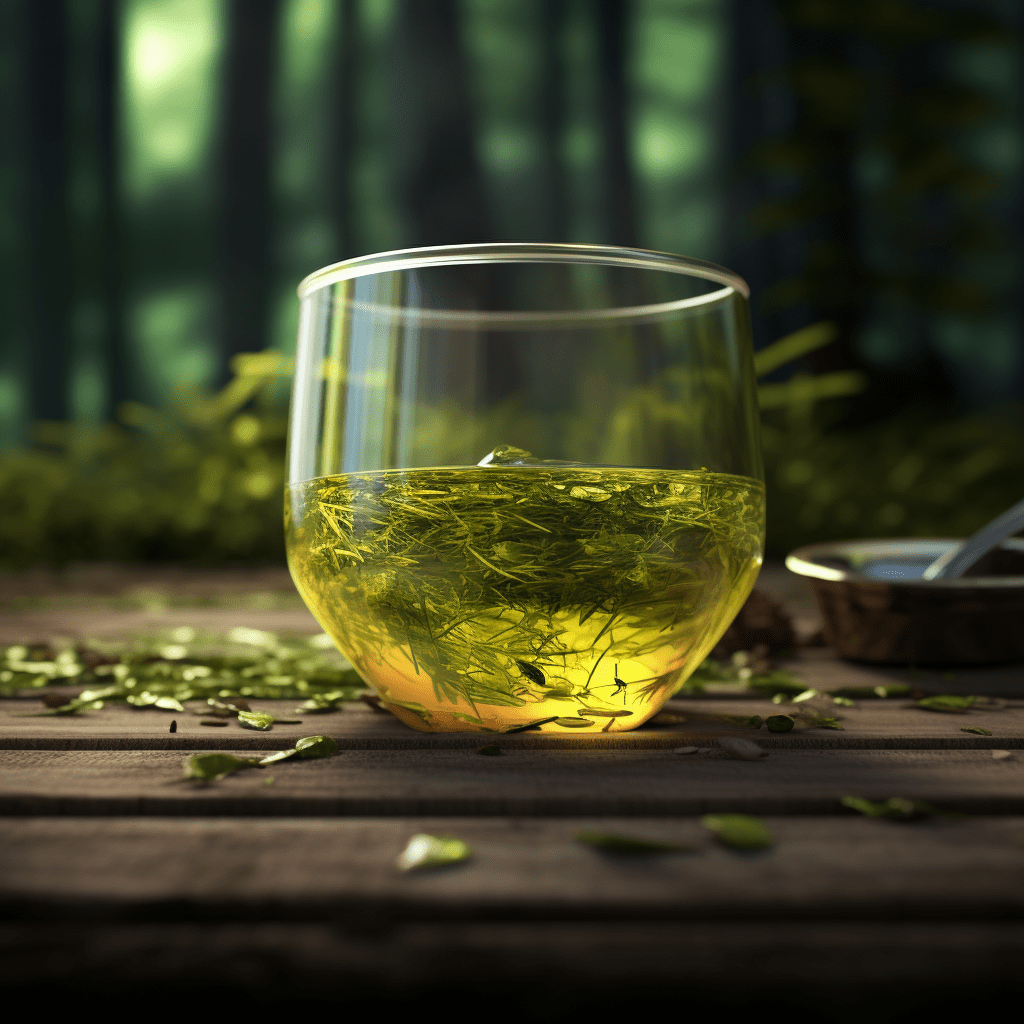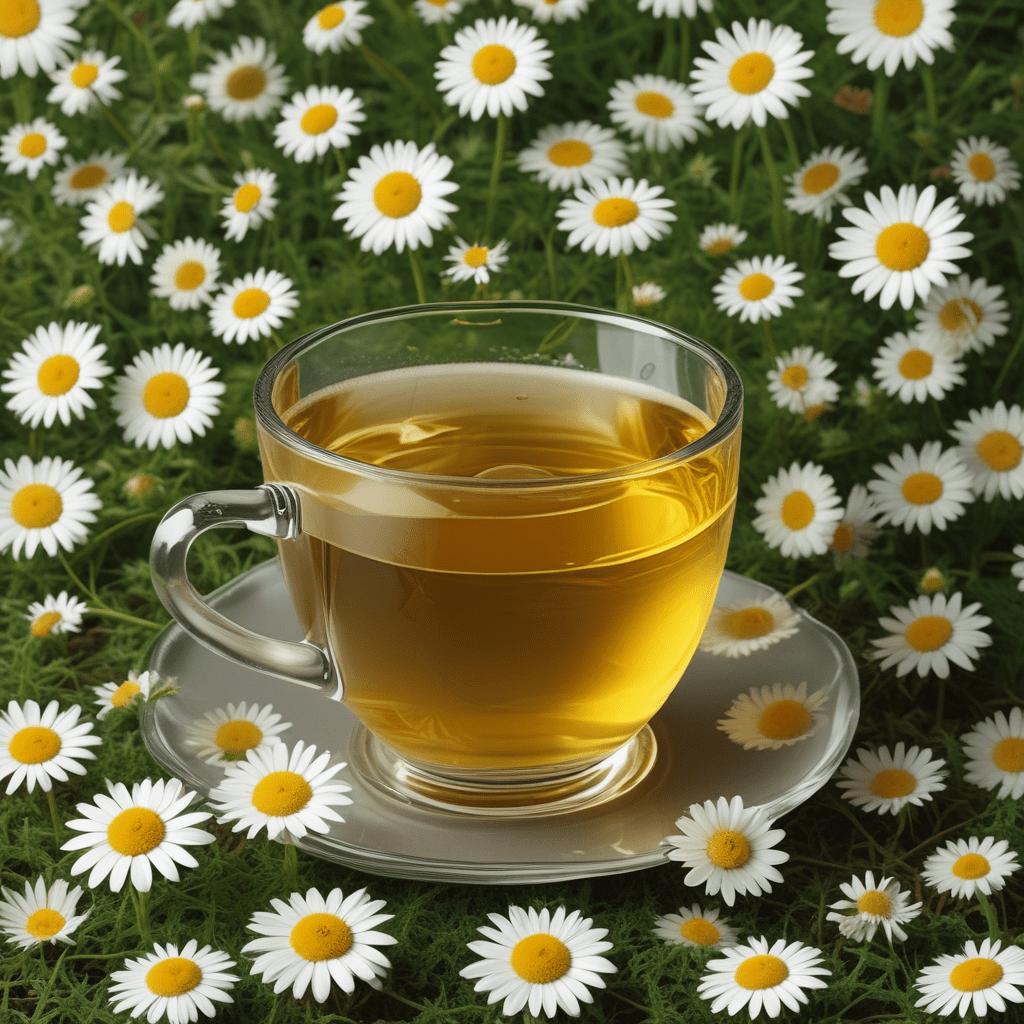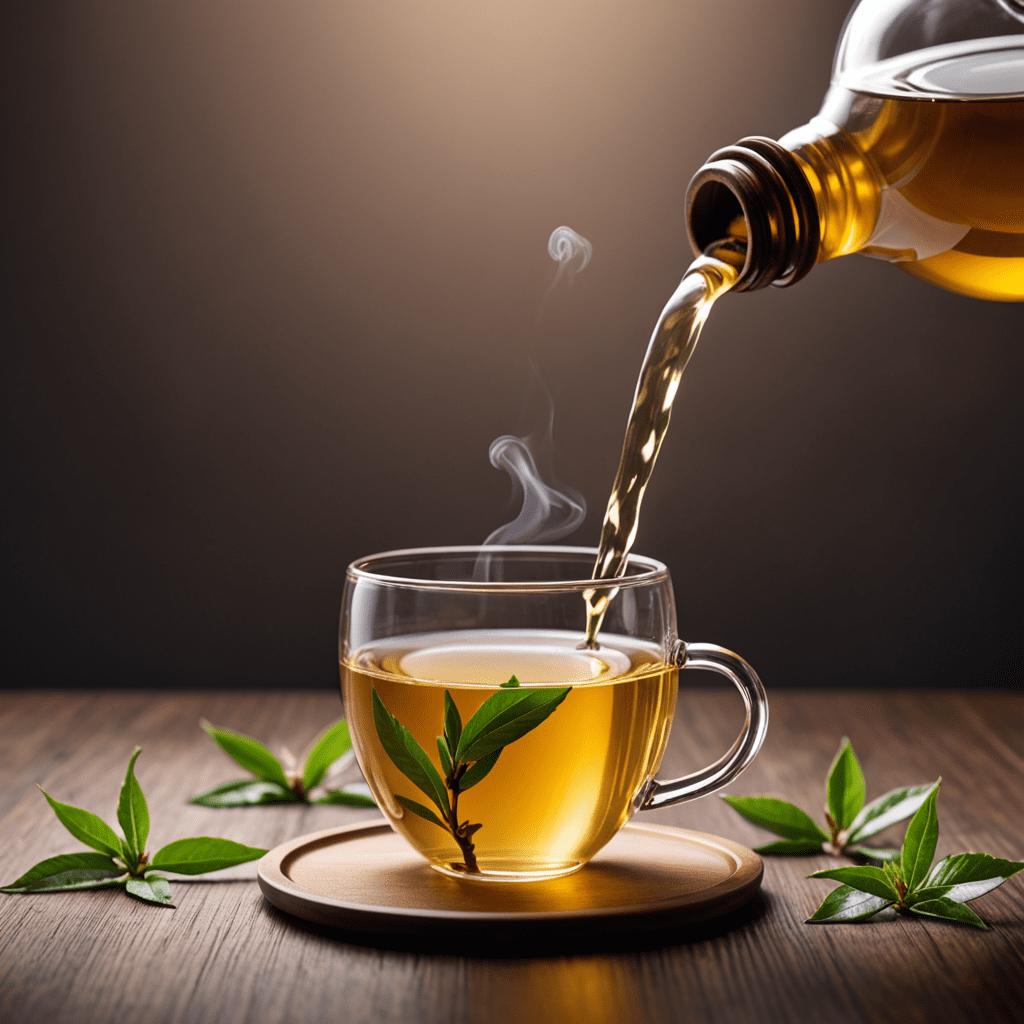
Introduction: The Allure of Chai Tea
Chai tea, a captivating blend of spices and black tea, has captured the hearts and palates of tea enthusiasts globally. Its warm, aromatic embrace offers a sensory experience that transcends mere refreshment and borders on the enchanting. With its ability to invigorate, soothe, and inspire, chai tea has become an integral part of cultures and rituals worldwide. Embark on a journey to unveil the secrets of this beloved beverage, exploring its origins, ingredients, and the art of crafting the perfect cup.
Origins and History: Chai Tea’s Journey
Chai tea traces its roots to the vibrant streets of India, where it has been consumed for centuries. The word "chai" itself means "tea" in Hindi, reflecting its deep-rooted significance in Indian culture. While its exact origins remain shrouded in the mists of time, chai tea is believed to have evolved from a traditional Ayurvedic beverage that combined medicinal spices with tea leaves. Today, chai tea continues to captivate with its rich history, having spread beyond India's borders to become a cherished staple in tea-loving nations worldwide.
Chai Tea Ingredients: A Symphony of Spices
The aromatic complexity of chai tea lies in its harmonious blend of spices. At its core, it typically features a robust black tea, which provides the foundation for the symphony of flavors to follow. The spice repertoire varies depending on regional preferences and personal tastes, but some of the most common ingredients include:
- Chai masala: A pre-mixed blend of spices specifically designed for chai tea, typically containing cinnamon, cardamom, ginger, black peppercorns, and cloves.
- Cinnamon: Warm and sweet, cinnamon adds a touch of comforting spice.
- Cardamom: Fragrant and slightly pungent, cardamom brings a unique depth and complexity.
- Ginger: Zesty and invigorating, ginger adds a spicy kick and promotes overall well-being.
- Black peppercorns: A touch of black pepper enhances the other spices, adding a subtle sharpness.
- Cloves: Warm and aromatic, cloves add a hint of floral sweetness.
- Star anise: Featuring a licorice-like flavor, star anise adds a distinctive and exotic touch.
6. Steeping Methods and Variations: Exploring the Possibilities
The art of steeping chai tea unfolds in a myriad of methods, each influencing the final brew's intensity and aromatic profile. Traditional stovetop steeping involves simmering the tea mixture for a few minutes, allowing the spices to fully release their flavors. This method delivers a bold and robust cup. For a more delicate infusion, try cold steeping overnight in the refrigerator. The cold steeping process allows the flavors to slowly develop, resulting in a smoother and less bitter brew. Alternatively, you can use a French press or tea ball for a convenient and controlled steeping experience. Experiment with different steeping times and methods to discover your preferred brewing technique.
7. Flavor Enhancements: Sweeteners and Spices
The flavor profile of chai tea can be further customized with a touch of sweetness or additional spices. Add a drizzle of honey, maple syrup, or jaggery to balance the spices and create a comforting indulgence. For those seeking a bolder flavor, consider incorporating extra spices such as nutmeg, vanilla extract, or saffron. These enhancements add depth and complexity, transforming your chai tea into a truly unique and flavorful experience.
8. Milk or No Milk? Deciding the Ideal Accompaniment
The addition of milk to chai tea is a matter of personal preference. Some prefer the creamy richness that milk imparts, while others enjoy the pure and unadulterated taste of the spiced tea. If you choose to add milk, opt for whole or plant-based milk for a more indulgent experience. The fat content in milk helps mellow the spices and creates a velvety texture. Experiment with different milk options to find the combination that best suits your palate.
9. Mindful Sipping: Savoring the Experience
Chai tea is not merely a beverage; it is an invitation to slow down and savor the moment. Sip your chai tea mindfully, allowing its warmth and aroma to envelop your senses. Pay attention to the subtle nuances of flavor and the way the spices dance on your palate. Take time to appreciate the present moment and let the calming effects of chai tea wash over you.
10. Chai Tea Rituals: Cultural Connections and Celebrations
Chai tea has deep cultural significance and is often intertwined with rituals and celebrations. In India, chai is an integral part of daily life, served in homes, tea stalls, and social gatherings. It fosters a sense of community and togetherness. In many cultures, chai tea is also associated with religious ceremonies and festivals. Its aromatic presence adds a touch of warmth and spirituality to these special occasions.
FAQ
1. What is the difference between chai tea and masala chai?
Chai tea is a broad term that refers to any tea that contains spices. Masala chai is a specific type of chai tea that typically includes a blend of spices known as chai masala, which commonly contains cinnamon, cardamom, ginger, black peppercorns, and cloves.
2. How strong should chai tea be?
The strength of chai tea is a matter of personal preference. However, a good starting point is to use 1 teaspoon of loose-leaf tea or 1 tea bag per 8 ounces of water. You can adjust the amount of tea used to achieve your desired strength.
3. Can I make chai tea without milk?
Yes, you can make chai tea without milk. It is a matter of personal preference. Many people enjoy the pure and unadulterated taste of the spiced tea without the addition of milk.
4. What are the health benefits of chai tea?
Chai tea is made with a variety of spices that have potential health benefits. These spices include cinnamon, cardamom, ginger, black peppercorns, and cloves. These spices have been shown to have antioxidant, anti-inflammatory, and digestive properties.
5. How do I store chai tea?
Chai tea should be stored in an airtight container in a cool, dry place. This will help to preserve its flavor and aroma.


